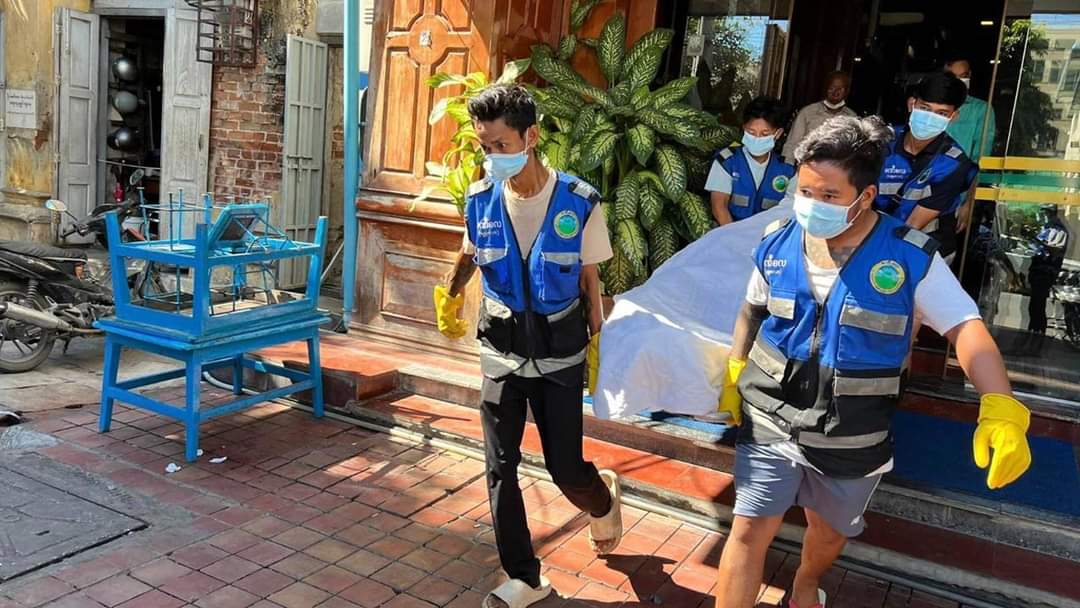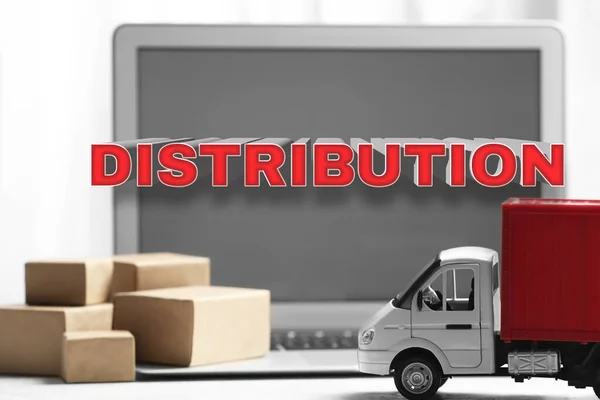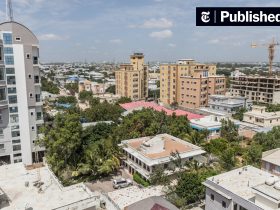
Product Distribution Companies in Kiribati
Kiribati, a remote Pacific Island nation, faces unique challenges and opportunities in product distribution. Comprising 33 atolls and reef islands, Kiribati’s geographical isolation, limited infrastructure, and small population create logistical barriers. However, the country is supported by several companies and entities that ensure the distribution of essential goods and services to its inhabitants.
Key Challenges in Product Distribution
1. Geographic Dispersion: Kiribati’s islands are spread over 3.5 million square kilometers of ocean, making transportation expensive and time-consuming.
2. Infrastructure Limitations: The lack of large-scale ports, warehouses, and road networks hampers efficient distribution.
3. Import Dependency: Most goods are imported, particularly from countries like Australia, New Zealand, and Fiji, which requires effective supply chain management.
4. Seasonal Weather Impact: Cyclones and adverse weather conditions often disrupt shipping and airfreight.
Despite these challenges, a few key distribution companies and mechanisms play vital roles:
1. Kiribati Shipping Services Limited (KSSL)
KSSL is one of the main shipping companies in Kiribati, providing inter-island freight and passenger transport services. It facilitates the distribution of essential goods like food, fuel, and building materials. The company operates cargo ships connecting the capital, South Tarawa, with outer islands.
2. Kiribati Oil Company Limited (KOIL)
KOIL manages the import and distribution of petroleum products across Kiribati. Given the importance of fuel for transportation, electricity, and cooking, KOIL ensures a steady supply to even the most remote islands.
3. Betio Hardware
Betio Hardware is a leading distributor of construction materials and tools in South Tarawa. With limited local manufacturing, businesses like Betio Hardware rely on imports to meet local demands for construction projects and home improvements.
4. Bairiki Wholesale
Bairiki Wholesale is a notable supplier of consumer goods, including food, beverages, and household items. It caters to retailers across Tarawa and nearby islands, ensuring that local shops are stocked with daily necessities.
5. Small Retail Networks
Local retailers and family-run stores form an essential part of the distribution network. They act as intermediaries between wholesalers and consumers, particularly in outer islands where large companies have limited reach.
6. International Partnerships
Global logistics companies, such as DHL and FedEx, provide courier and freight services, mainly for international shipments. While their role in local distribution is minimal, they bridge Kiribati to the global market.
Government and Non-Governmental Support
The government of Kiribati, alongside NGOs and aid agencies, plays a vital role in distributing emergency supplies and implementing infrastructure development projects. Organizations like the World Food Programme and UNICEF work closely with local entities to ensure food security and healthcare access.
Opportunities for Growth
1. Digital Transformation: E-commerce platforms and digital payment systems can streamline product ordering and distribution.
2. Renewable Energy Solutions: Investments in solar-powered logistics can reduce dependency on imported fuel.
3. Infrastructure Development: Enhancing ports and transport facilities can boost efficiency.
Conclusion
Product distribution in Kiribati is shaped by its unique geography and logistical challenges. Companies like KSSL, KOIL, and Betio Hardware, along with small-scale retailers, play critical roles in ensuring goods reach consumers. With strategic investments and technological advancements, the sector can overcome its barriers and thrive in the future.




Leave a Reply